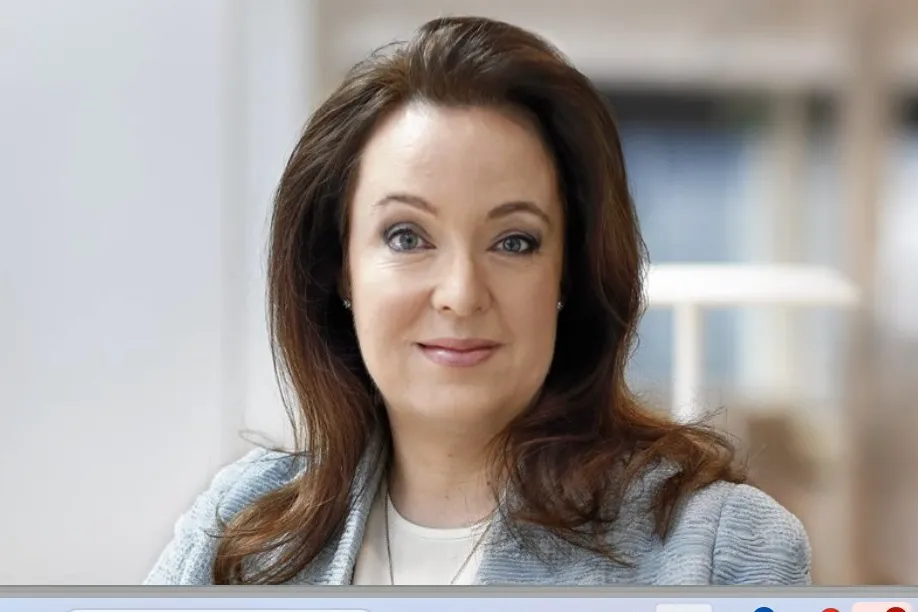Flexibility key in 'challenging world' says Vattenfall chief Borg
Swedish utility saw profits surge in 2024 and its new investment plan shows ambition to grow

Astute portfolio management will hold the key to a profitable navigation of the energy transition in polarised times, the top executive of Vattenfall told investors after presenting financial results for 2024.
The Swedish utility reported a net profit for the full year of SKr33.4bn ($3.1bn), compared to SKr10.4bn one year earlier.
This increase was fuelled by higher electricity prices, but also by key divestments including the sale of the Norfolk Offshore Wind Zone in the UK, which provided a capital gain of SKr 4.6bn.
Vattenfall also farmed out a 49% share of the German offshore wind farms Nordlicht I and II to BASF.
Divestments helped reduce Vattenfall’s adjusted net debt to SKr72.1bn, more than 48% lower than at the end of 2023.
The Swedish company also entered some new ventures, including a partnership with Copenhagen Infrastructure Partners for the IJmuiden Ver Beta (Zeevonk) offshore wind farm in the Netherlands.
Turbulent times
Adroit portfolio management is more important than ever in our turbulent times, according to CEO Anna Borg.
"We see increased polarisation when it comes to geopolitics and world trade. Of course, this has an impact on us,” she told investors on an online earnings presentation.
“I think we're going to continue to see a challenging world around us… and specifically in the energy market. So it is important to make sure that you make the right decisions and pick the right projects at the right time. A bit of flexibility is going to be important in your business,” she said.
Investment boost
The company plans to invest SKr170bn in the 2025-29 period, up 61% from the previous plan, and wind power will account for 45% of this, ahead of second-placed electricity distribution (24%).
About 61% of these investments are growth-oriented, said CFO Kerstin Ahlfont, pointing to the IJmuiden Ver Beta offshore wind project in the Netherlands and Nordlicht 1 and 2.
Vattenfall also brought online new capacity from the Hollandse Kust Zuid and Vesterhav Offshore wind farms last year, in the Netherlands and Denmark respectively, contributing to a 23% increase in its overall electricity generation.
“More production also demands that we improve the networks,” Ahlfont added. The company earmarked Skr41bn for upgrading electricity grids and connecting new customers.
The plan also included significant investments in hydroelectric power and new nuclear, where Sweden is the core market.
While reaffirming Vattenfall's intention of building a profitable business aligned to the energy transition Borg offered her thoughts on the challenges.
“The energy transition is both a technological and financial challenge. What we see right now in Europe is that energy prices are too high for industry to remain competitive in the global market,” she said.
"At the same time, price signals in many markets are not high enough to motivate new investments due to rising building costs, supply chain constraints, and bottlenecks.
"So we see a bit of a dilemma there. It's really important that we find that way forward because providing enough fossil free energy at a competitive price is absolutely critical for European industry to be competitive long term.
"I think the direction is very clear, but the pace is lacking is at the moment.
"Offshore wind is still important," Borg added. "It's going to be a good market going forward, both in Denmark and Germany.
"But it is challenging to get the sort of profitability to where it needs to be."
(Copyright)